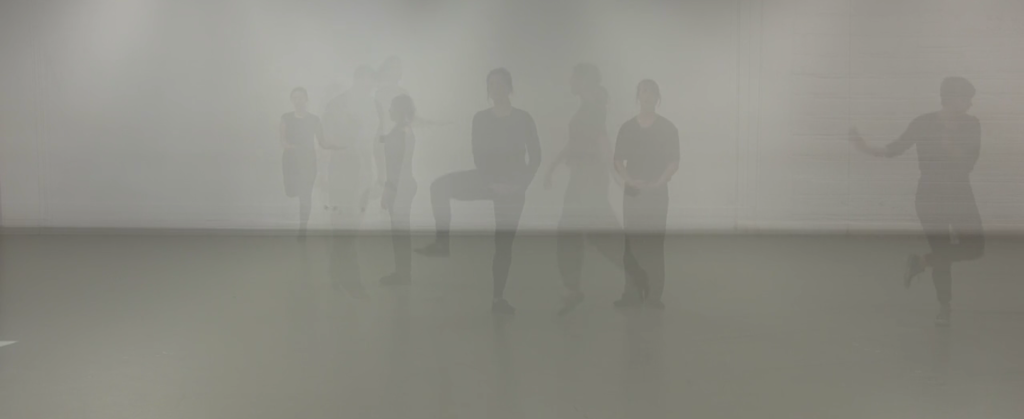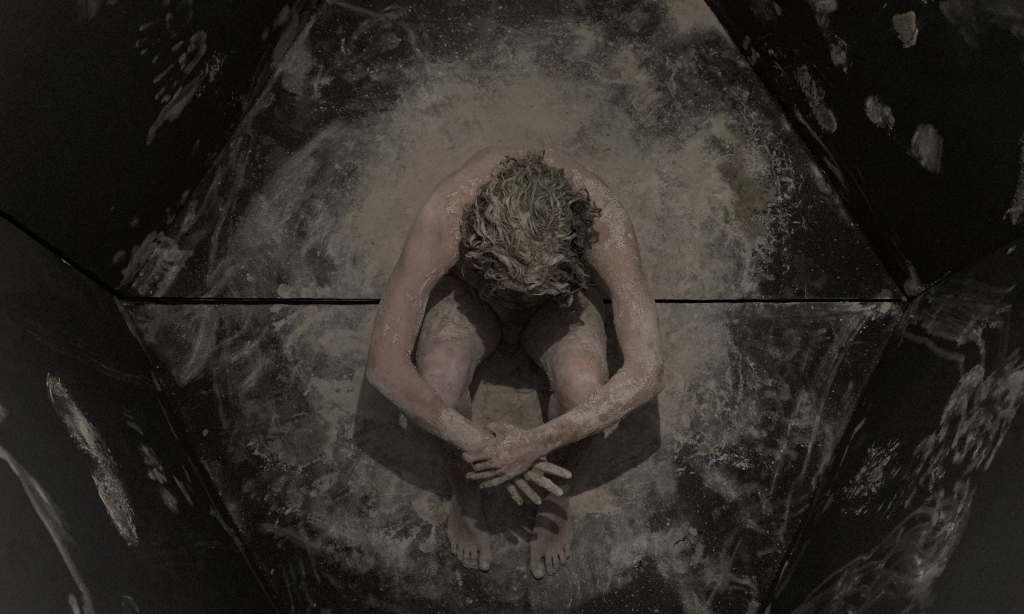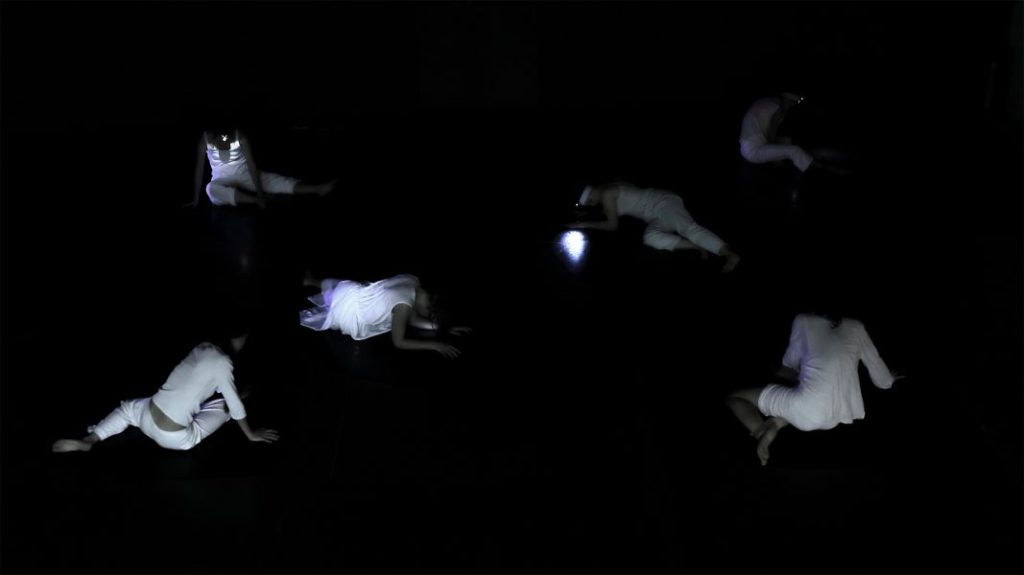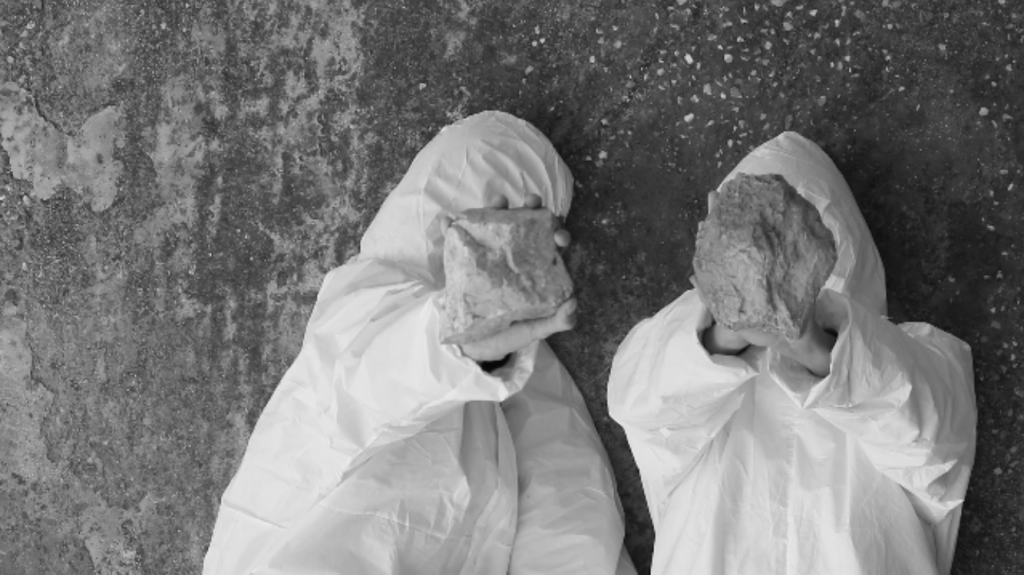
What has changed, what are the developments in your work, since the last interview?
Our last interview was on April 12, 2014. Today is January 4, 2022. These 8 or so years seem like a lifetime, so be prepared my answer looks like a short biography…
In 2016 I completed my PhD thesis entitled (Il)legitmate Performances: copying, authorship and the canon at Trinity Laban Conservatoire of Music and Dance in London. My doctoral research was concerned with Copying, Authorship and the Canon, concepts central to the evaluation of choreographic practices and works. The practical part of my research involved the creation of the video dance without respect but with love (2016), The Last Lecture (a performance) (2012), and the video dance Frauen Danst Frauen (2011). I then managed to get my degree verified in Greece, a process that was not simple at all! Luckily I also happen to have a degree in Mining Engineering from the NTUA, otherwise it would have been impossible.
In 2017 I organized and curated, in collaboration with the Museum of Contemporary Art (EMST) and the International Performance Philosophy Network, the 2nd International Symposium Performance Philosophy School of Athens. From 2016 to 2018 I participated as a researcher, teacher and choreographer in the Greek-German Artistic and Educational Program How to dance in times of crisis? in Berlin and Athens. Since 2018 I have been teaching theoretical and practical dance courses at the Department of Performing and Digital Arts at the University of Peloponnese.
In my latest projects (Brearth – 2021, Construction Insight – 2020, Ondes Particulaires – 2017) I investigate dance as a transformation of energy and as a process of exchange of qualities between human and other material bodies. Through the connection of contemporary technology with vocal and kinetic improvisation I create rituals presented in the form of live performance, moving image or installation. The financial support I received from the Ministry of Culture and Sports and the The J.F. Costopoulos Foundation as well as the ARTWORKS Artists’ Award by the Stavros Niarchos Foundation were decisive for the development and completion of these works. At the same time, as a choreographer I collaborate with other artists and scientists exploring the partnership between art and technology (JEU – 2022, TIRESIAS – 2020, CyberTouch – 2019).
Finally, as a performer I was happy to collaborate with other artists such as Tino Sehgal (Palais De Tokyo 2016), Les Gens d’Uterpan (Documenta 14, EMST, 2017), Mariela Nestora (2021), Spyros Kouvaras (2017-2021), Dora Garcia (2018), Eleonora Ilia (2017-2020) and Kosmas Kosmopoulos (2016-2018). As for the Trio collective, which I talked about in my previous interviews, it spread to different cities in Greece, Spain and America and multiplied as all its members (apart from me) became mothers.
After a decade of successive crises (economic, social, environmental, health) what changes and developments do you notice have occurred in the contemporary dance scene in Greece and what do you think is missing?
In Greece the contemporary dance scene is made up of wonderful, dynamic, cultured and creative people with excellent studies and love for their subject who unfortunately are not provided with the basic foundations to tread this land firmly and flourish. We have the potential and we do not have the basic infrastructure. The inability of the state to establish and ensure a sound, stable and up-to-date cultural policy is evident at all levels, where to start and where to end? From the lack of arts education in schools to the non-recognition of dance degrees by the Ministry of Education and the non-existence of a University Dance Department and Dance Academy. The crisis in dance is of course not of the last decade and both in 2014 and 2004 (during the Olympics) we had the same problems in dance.
On the other hand, in recent years there has been a coalescence of artists around the Association of dance workers as well as other groups in Athens and the region that focus on the collective management of the issues of our field (Support Art Workers etc.) but also on collective artistic-research actions around issues related to the general crisis. The quality of artists’ works and dance research in Greece has evolved, the ways in which artists talk about the research-artistic process has also evolved. But the relationship with the dance audience as well as the situation in dance education- especially in the last two years- has taken a big hit despite the inventive efforts of creators and teachers to continue working online or in open public spaces.
On the whole, the ongoing job precariousness in the arts and its magnification through a series of successive crises has filled us with anger and frustration. At the same time there is hope that the dance community is growing, maturing and asserting its rights.
How might we imagine the landscape of dance in the next ten years?
As we want. Today, let’s imagine the landscape of dance as a garden of earthly delights by Hieronymus Bob Ross…



Posted on January 5, 2022
0